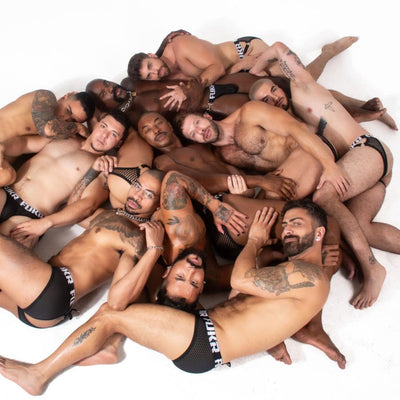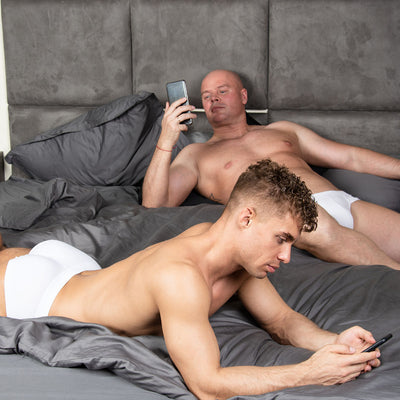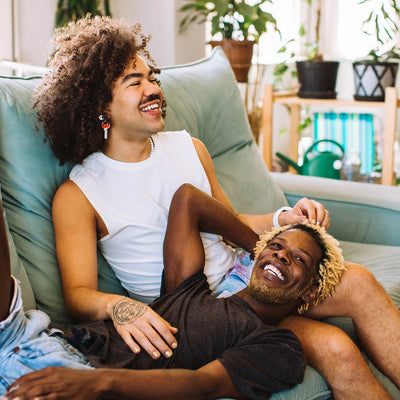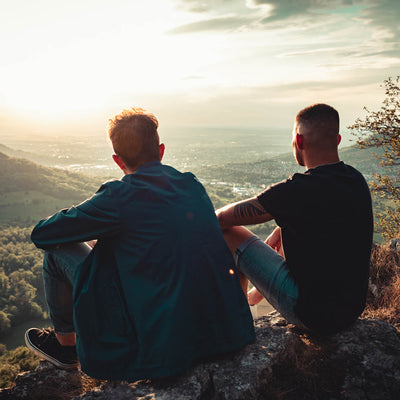Want to know how Halloween really started?
Article by: Ken Saunders
Sure, we all know Halloween had its start in paganism, however Halloween as we know it today had a different start. So where did the modern Halloween that we celebrate now get started? Why, San Francisco, of course! According to Wikipedia, Halloween started as an as a kid’s costume and ice-cream eating contest in the 1940’s. It spread out and moved around the city over the years eventually becoming primarily an adult event. It landed in the Tenderloin where the emerging gay bars were located. As almost always happens in gay culture, the most popular cultural trends are born and birthed in the LGBT community before the rest of society latches on, imitates and before you know it the trends origins are forgotten in the mists of time. Throughout the 60’s and 70’s Halloween as an adult festival continued to grow and spread both inside and outside San Francisco brought by gay men and woman to the larger cities they were visiting. It was in the 1980s when Halloween street events in gay villages like Key West, Florida, Christopher Street in New York, West Hollywood and the Castro in San Francisco evolved from informal parades into Mardi Gras-like events with drinking, dancing and carrying on in the streets. In San Francisco, the Sisters of Perpetual Indulgence revived the costume contests two weeks after the devasting Loma Prieta earthquake. They were able to raise thousands of dollars for the then mayors earthquake relief fund. It proved to be so popular that by 1994 attendance was estimated to be over 300,000 people. Crowd management became a concern and is still an issue. We sure do love a good party. While Christmas will always be Christmas. Halloween with the focus being on camp, theatricality and dressing up, or dressing down, will always carry a sense of something forbidden, something outside of your every-day which holds a built-in attraction to the LBGT community. There are cultural reasons why the events have become "the major holiday" for LGBT people. In addition to the holiday's pagan roots, many LGBT people find Halloween really attractive because it is a holiday for those who are don’t identify with any of the mainstream religions. It’s the one time of year that LGBT people can be outrageous and flamboyant, even if they remain closeted and hidden the rest of the year. Street festivals and public partying on Halloween fits in with the whole idea of being seen and heard. In addition to visibility issues there is also there is also the sense of escapism Halloween provides as the LGBT community dealt with the AIDS pandemic in the 80’s and 90’s Halloween street festival attendance exploded everywhere as a way to cope and deal. For many what started as a way to be themselves without being out has now become a vehicle for personal emancipation, self-expression and self-fulfillment for both the straight and gay community and this is something worth celebrating every year.



